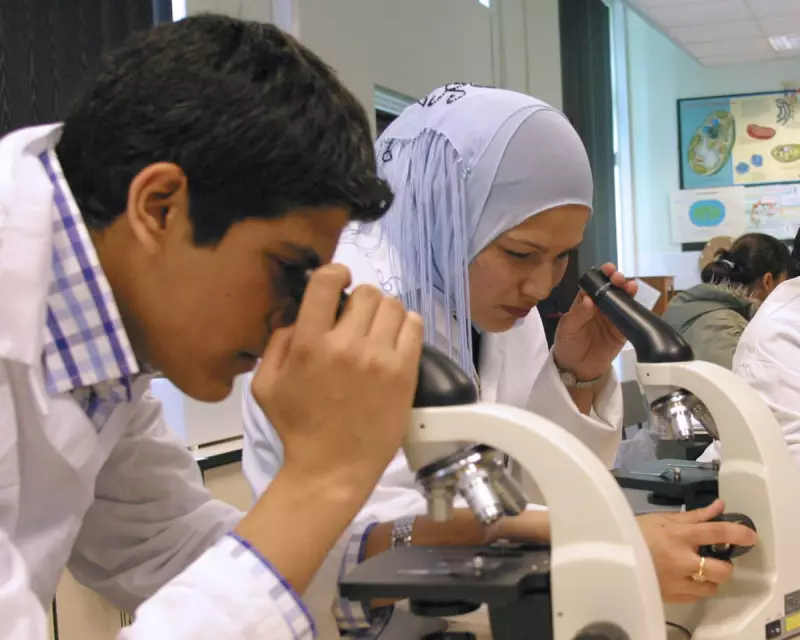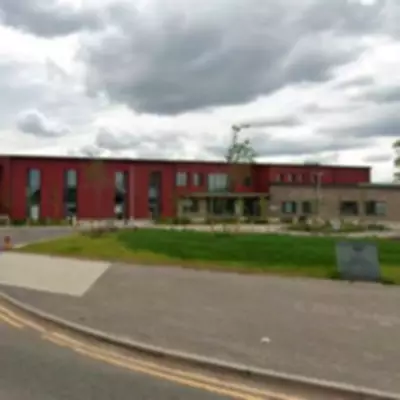
A severe shortage of qualified physics teachers is threatening the future of science and engineering in England, with shocking new data revealing that a quarter of secondary schools have no specialist physics teacher.
The alarming figures, based on an analysis of the school workforce census, paint a picture of a deepening crisis in the education system. This deficit means thousands of students are being taught by non-specialists, potentially compromising the quality of their scientific education.
The Scale of the Shortage
The data indicates that the problem is most acute in certain regions and types of schools. Disadvantaged areas and schools with lower academic results are disproportionately affected, creating a worrying postcode lottery in science education.
Headteachers are being forced to deploy staff without physics degrees or teaching qualifications to cover lessons. This often means biology or chemistry teachers are stretched thin, or teachers from other subjects entirely are asked to step in.
Implications for the Future
This chronic shortage has dire consequences. Experts warn it could severely damage the UK's pipeline of future scientists, engineers, and innovators.
'We are sleepwalking into a national skills crisis,' said a representative from a leading scientific institute. 'If we cannot teach the next generation physics properly, we risk undermining entire sectors of our economy, from renewable energy to tech and healthcare.'
Students in affected schools may receive a narrower curriculum, have limited options for A-levels, and be less prepared for university-level STEM courses.
A Systemic Problem
The roots of the crisis are deep-seated. Physics graduates often pursue more lucrative careers in industry, where salaries far outstrip those in teaching. The government's own targets for recruiting physics teachers have been consistently missed for over a decade.
While initiatives like bursaries and 'levelling up' premiums exist, educators on the ground say they are not enough to counteract the powerful financial pull of the private sector.
The Department for Education acknowledged the challenges, stating it is committed to boosting recruitment in key subjects like physics. However, with a quarter of schools already without a specialist, the road to recovery appears long and fraught with difficulty.





